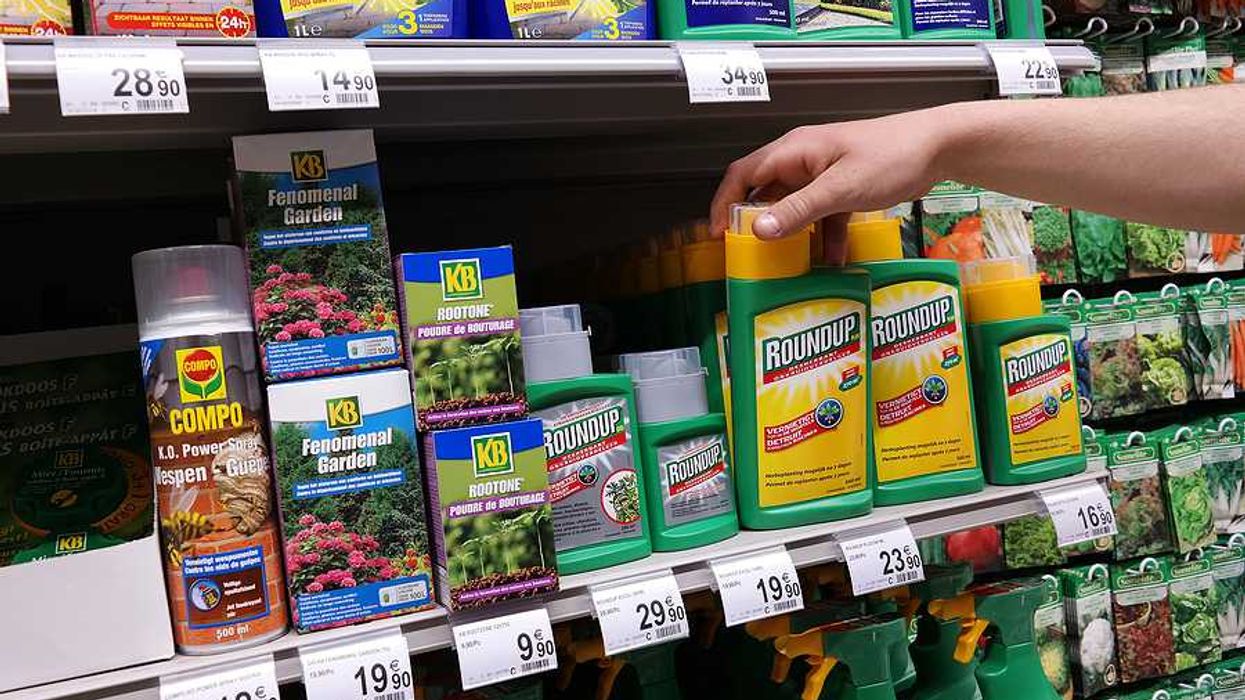According to a recent study published in Ecotoxicology and Environmental Safety, exposure to plastic products and the chemicals they leach is associated with an increased risk of cardiovascular diseases.
In short:
- Individuals who used plastic products more frequently had greater odds of developing congestive heart failure.
- Mice who ingested the byproducts released by heating disposable plastic takeout containers developed damage to their heart muscles, and showed increased signs of inflammation and oxidative stress.
- The mice also experienced changes in the health of their gut microbiomes, another risk factor for cardiovascular disease.
Key quote:
“To prevent ongoing harm from plastic products to human health, it is essential to avoid using plastic containers for high-temperature food, reduce the use of plastic products in daily life, and implement timely plastic pollution control measures.”
Why this matters:
Over a third of the plastics produced today are used for packaging, with about 83% of flexible food packaging made from plastic. Plastic packaging like take-out containers leach harmful chemicals when heated, and microplastic particles have been found in a wide variety of foods with some studies estimating that individuals consume millions to billions of plastic particles annually. The authors of this study emphasize the urgent need for measures that help reduce both plastic pollution and human exposure.
Related EHN coverage:
- Takeout food, bottled water linked to higher microplastic exposure
- “We have enough evidence” to act on toxic plastic exposure now
- New study links microplastics to a higher risk of heart attack, stroke, and death
More resources: The Food Packaging Forum provides resources on the chemicals used in food packaging products, including factsheets, publications, and databases. Their PlastChem report summarizes current science on the over 16,000 chemicals used in plastics.
Wu, Yueping et al. for Ecotoxicology and Environmental Safety vol. 288. Dec. 2024
















